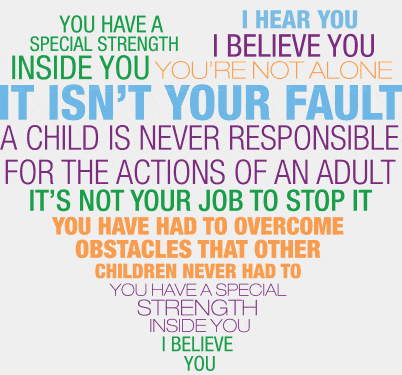By CDV
Growing Up with Domestic Violence Teaches Us to Resent
If you grew up with domestic violence, you learned several lies that taught you to feel resentment and to depend on that feeling for a sense of power or control. Yet, resentment only shackles us to reliving our past hurts, giving us zero power or control.
Let’s look clearly here at the lie of resentment, why you may have come to believe it, and also a new empowering truth and a few steps you can take to get there.
The Lie of Resentment
The Lie: You are not a good person deep down because you resent others and their happiness. You must live in resentment and bitterness toward those who hurt you, your buried rage eating at you. Your resentment will make them hurt, and you will feel better. You can’t move forward; you can’t release the past and are stuck in a pattern of reliving old anger, triggered by the envy of others.
Why Do I Feel Resentful?
The Why: Because of what you experienced as a child living with domestic violence, you are prone to resentment, the accumulation of anger that has gone unexpressed. In many cases, that anger couldn’t be released in the moment, so you relive it. It then gets channeled toward others. Anyone who had a happier childhood than yours has something you never had, which can lead to your thinking thoughts such as, “It wasn’t fair, they don’t deserve it, I hope they fail.” Resentment is a simmering fury that comes from the endless replay of that old anger over and over again.
Compassion Can Replace Resentment
The Truth: I am compassionate.
I now know that someone should have taken away my pain, but I also know that only those who have truly suffered can understand what suffering feels like. Because of this, I have reached a plane that few humans can reach.
I do not cause pain to others. I naturally want to help take the pain away. This is the essence of compassion.
And since I know that the feeling of resentment causes unnecessary pain within me, and I am aware that I am a good person, I refrain from creating this pain by indulging in feelings of resentment.
I am compassionate, and today, if a feeling of resentment comes over me, I immediately remind myself of these truths.
What Can I Try to Overcome Resentment?
1. When you interact with others, instead of initially questioning their intent, adopt a mindset to assume positive intent. Remind yourself, “I assume their intent is positive.”
2. Because it takes courage to trust others, remind yourself of the courage you already demonstrated, the risks you took. The courage it takes to trust another pales in comparison to the courage you displayed early in life.
3. Trust in others comes so much more naturally when you learn to trust yourself. Know what you are good at and what you love to do; this will build trust in yourself.
4. So, how are you to know your true nature? Who was there to tell you? Take the survey at cdv.org to learn more and use the code chapter five for free access. Your contact information will never be shared. Only you will see the results.

